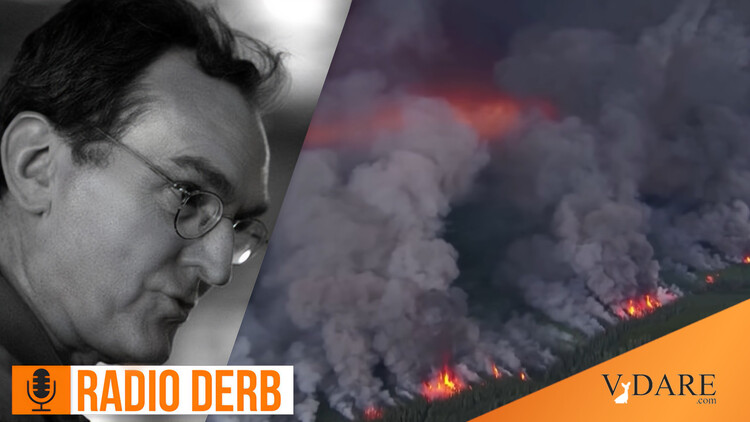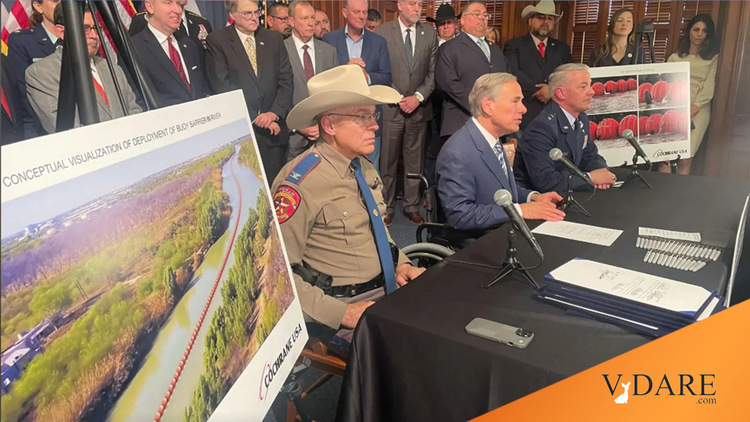From the Proceedings of the National Academies of Science (PNAS):
Raymond Tobler, Yassine Souilmi, Christian D. Huber, and Alan Cooper
May 23, 2023
… The evolutionarily recent dispersal of anatomically modern humans (AMH) out of Africa (OoA) and across Eurasia provides a unique opportunity to examine the impacts of genetic selection as humans adapted to multiple new environments. Analysis of ancient Eurasian genomic datasets (~1,000 to 45,000 y old) reveals signatures of strong selection, including at least 57 hard sweeps after the initial AMH movement OoA, which have been obscured in modern populations by extensive admixture during the Holocene. The spatiotemporal patterns of these hard sweeps provide a means to reconstruct early AMH population dispersals OoA.
We identify a previously unsuspected extended period of genetic adaptation lasting ~30,000 y, potentially in the Arabian Peninsula area, prior to a major Neandertal genetic introgression and subsequent rapid dispersal across Eurasia as far as Australia. Consistent functional targets of selection initiated during this period, which we term the Arabian Standstill, include loci involved in the regulation of fat storage, neural development, skin physiology, and cilia function. Similar adaptive signatures are also evident in introgressed archaic hominin loci and modern Arctic human groups, and we suggest that this signal represents selection for cold adaptation. Surprisingly, many of the candidate selected loci across these groups appear to directly interact and coordinately regulate biological processes, with a number associated with major modern diseases including the ciliopathies, metabolic syndrome, and neurodegenerative disorders. This expands the potential for ancestral human adaptation to directly impact modern diseases, providing a platform for evolutionary medicine.
So, they are theorizing that when Anatomically Modern Humans first went Out of Africa, they got held up for a while in Southern Eurasia (perhaps Arabia) to evolve adaptations for dealing with cold weather. These adaptations show up in a variety of medical problems.
I wrote about Cold Winters Theory back during Los Angeles’ unusually chilly Winter of ’23.
Gregory Cochran blogged in 2012:
But the story still isn’t all that simple, because we’ve never found anatomically modern fossils that are more than 50k years old further out into Eurasia. Somehow, anatomically modern humans (AMH) didn’t yet have the moxie to displace archaic humans. They apparently spent tens of thousands years stuck in the Middle East.
Maybe that makes sense. We know that people outside sub-Saharan Africa have lower levels of genetic variation than Africans: maybe an extended stay in the southern Middle East could have that effect. …
You might also think of south Arabia as the wading pool, a place different from sub-Sahara Africa, but not too different. AMH needed to make some changes: lose expensive immunological defenses against African zoonoses, acquire the necessary defenses against Eurasian pathogens, begin to adjust to lower temperatures and more variation in the length of the day, etc. Neanderthal admixture likely helped.











